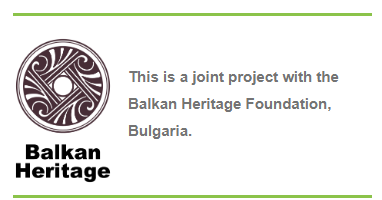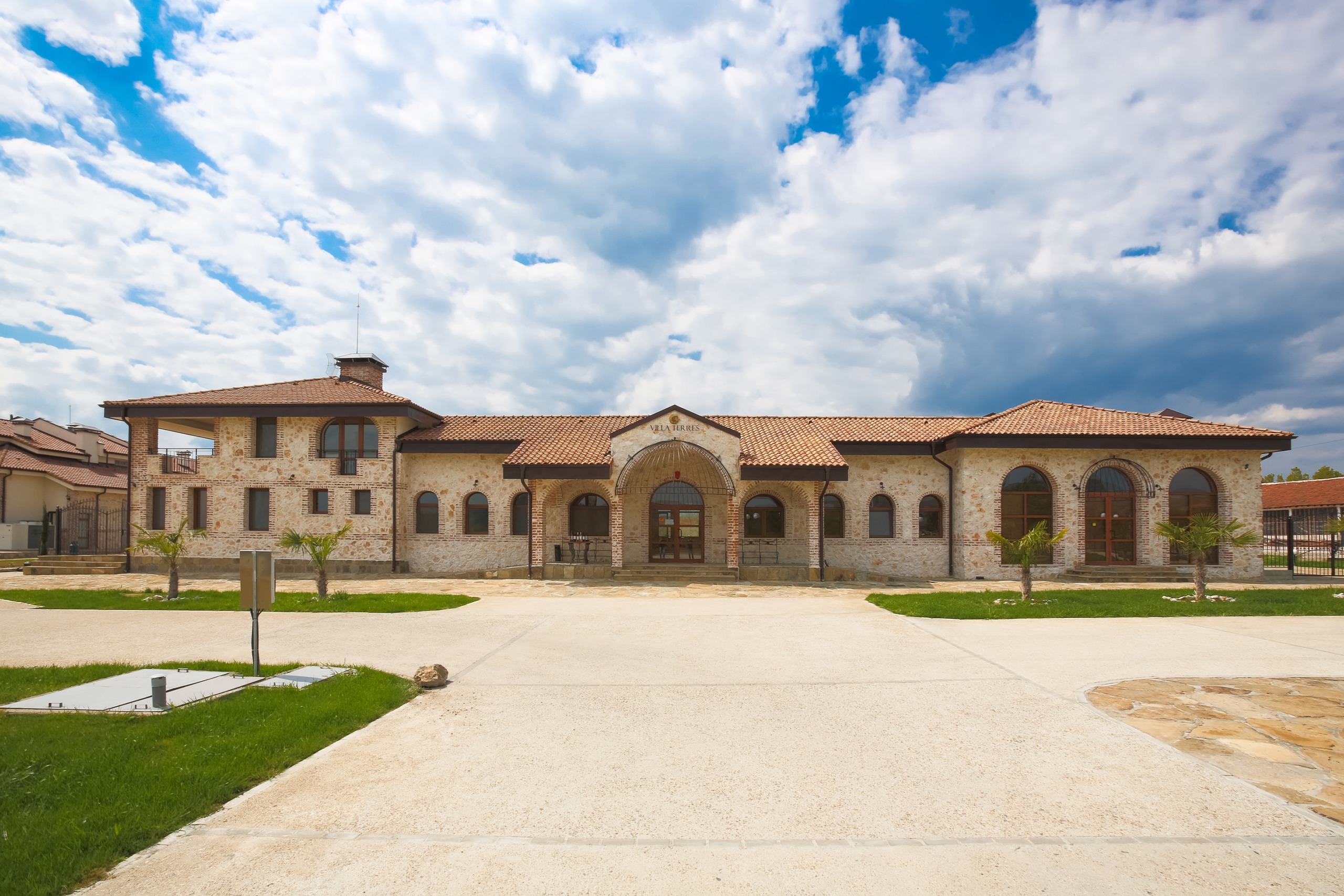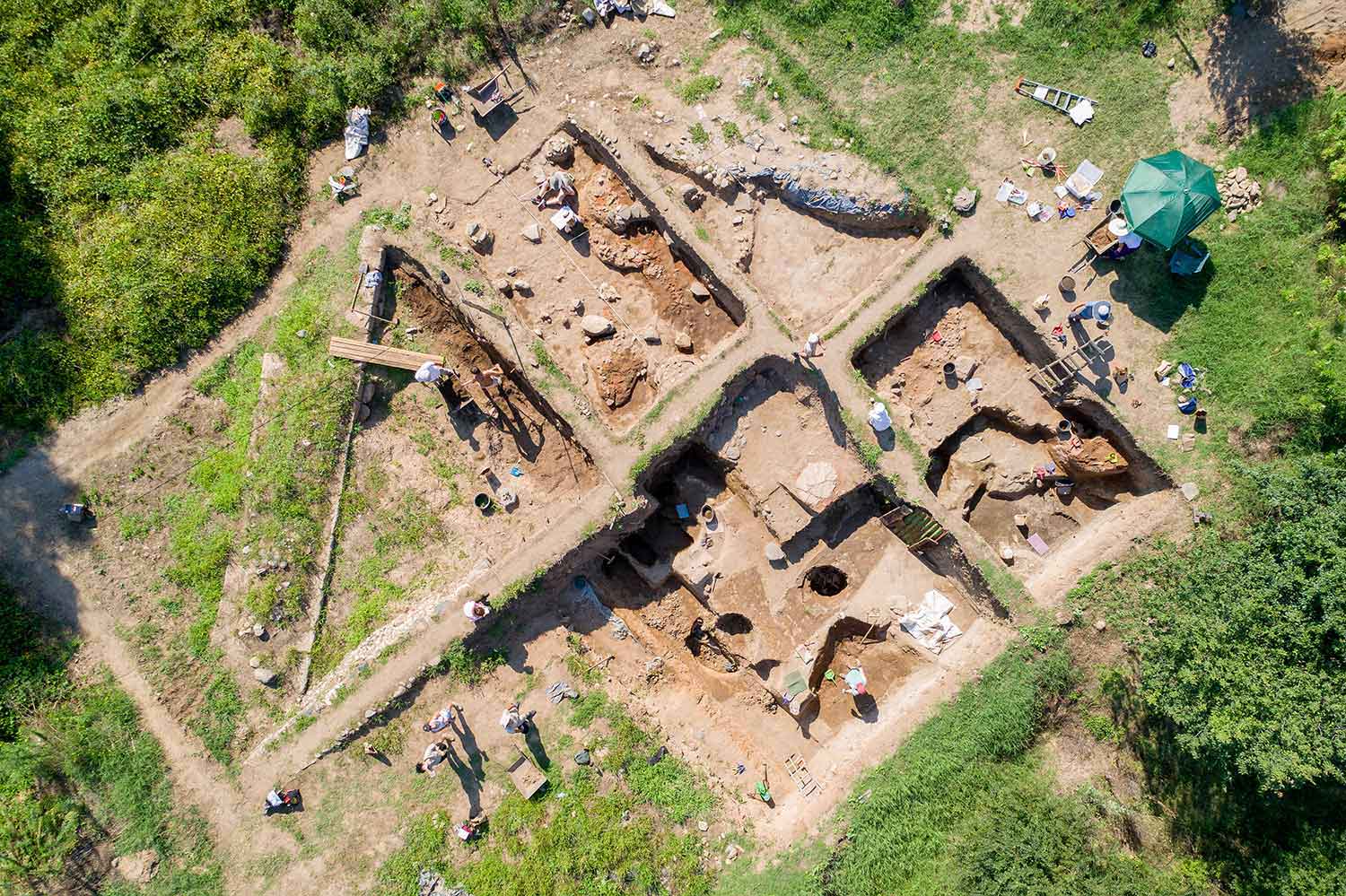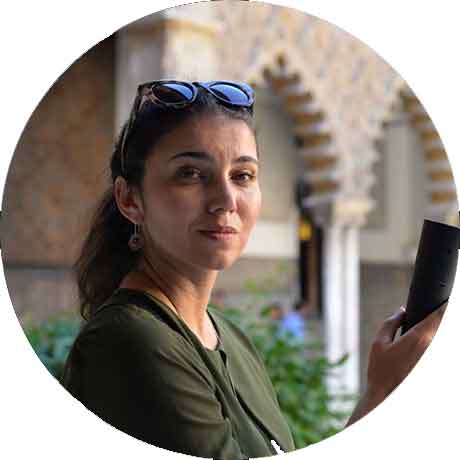
Overview
Venture into a vibrant world of ancient trade and cultural exchange at Pistiros, once a pivotal Ancient Greek hub of commerce located near the town of Septemvri in modern Bulgaria. As an emporion, or trade center, Pistiros flourished between the 5th and 3rd centuries BCE, serving as a bustling nexus where merchants from Greek coastal cities mingled with local Thracians. This unique site offers invaluable insights into the coexistence and interaction between Greek and Thracian cultures during the late Classical and early Hellenistic periods. Ongoing excavations have thus far uncovered ancient fortifications, dwellings, a sophisticated drainage system, and a wealth of Greek and Thracian artifacts. Join us in digging even deeper this field season into the rich history of Pistiros and its significance in shaping trade relations and cultural dynamics in ancient Thrace.
Field school highlights:
- Get your hands dirty digging into the only known example of a Greek emporion in Thrace.
- Gain practical archaeological skills in excavation techniques, finds processing, and Reflectance Transformation Imaging (RTI) guided by seasoned experts.
- Soak up the history and culture of Bulgaria’s scenic Thracian Valley through program excursions and immersion in village life.
| Course Details | |
|---|---|
| Course Dates | July 26 – August 22, 2025 |
| Course Type | Field Archaeology, Classical, Hellenistic |
| Instructors | Dr. Angela Pencheva, Dr. Alexey Gotsev & Dr. Emil Nankov |
| Credits* | 8 semester (12 quarter) |
| Apply By | April 1 |
| Fees Due By | April 15 |
| Program Fees | (2025) |
|---|---|
| Tuition | $3,870 |
| Transcript Fee* | $300 |
| Health & Evacuation Insurance | $130 |
| Room & Board | $2,500 |
| TOTAL: | $6,800 |
*This program may accept students past the deadline. Email admissions@ifrglobal.org for more information.
Instructors
The directors welcome emails and inquiries about the research elements of this project. More general information (tuition, health insurance, and payment schedule) can be found under the ‘Students’ tab above. Any further questions may be addressed to IFR staff. Additional details about research, course schedule, travel, accommodation, and safety can be found on the syllabus. Contacting the directors or the IFR office is encouraged and appreciated. It may help you determine if this field school is a good fit for you.
Testimonials
This was my first field school and I absolutely loved it! It totally confirmed that I wanted to study Archaeology and that this is what I want to do professionally. Pistiros itself is a great site to work at, really interesting and I learned a lot that I didn’t know previously. We also got to work in an amazing pit – we found lots of pottery, bones, etc. Bulgaria is a very beautiful country with very hospitable people. It was an awesome experience which I wouldn’t be able to do if it weren’t for Balkan Heritage Field School, so thank you!
Emporion Pistiros –amazing site, amazing venue – the site itself has got to be one of the most interesting sites in Bulgaria and the sheer amount of artefacts we found and how varied and interesting they were– it was phenomenal! Altars, figurines, everything you could hope for, you can find in Pistiros. The hands-on experience that you get – everyday you’re learning a little bit more and you get better and precise with your own tool work. The supervisors did such a good job at teaching us and integrating us into the real work – at what you’ll have to do as an archaeologist. I can tell how much I’ve grown looking back in my journal in the 4 weeks of the project. It’s so much more that you can ever learn in a classroom.
Payment & Student Fees
Application Fee: There is a $45 fee to submit an online application.
Deposit Payment: A nonrefundable $500 deposit is due within 3 weeks of program acceptance in order to secure your place. The remainder of your program fees are due by the deadline indicated under “Course Details”.
*Transcript Fee & Academic Credit Opt Out: If you wish to participate in an IFR field school without earning academic credits, you will not be charged a transcript fee.
For more information about payment, fees, and policies, please see details under our Payment & Finances and Withdrawal and Cancellation Policy pages.
Accommodations
Accommodation will be in the Villa Velis Hotel at Karabunar, in comfortable rooms with 2-3 beds, bathrooms with a shower, air-conditioning,and TV. The hotel has a small swimming pool and SPA, free of charge for the participants in the field school. Cheap laundry service and free Wi-Fi are provided.
Karabunar is a small village: there are a couple of food & beverage shops, bars & taverns, a winery, and a Christian Orthodox church, St. John the Baptist. The closest supermarket, pharmacy, bank with ATM, and medical office are in the municipal town of Septemvri, 8km away from Karabunar.
The distance from the hotel to the site is app. 15 km/9.5 mi, and it takes an app. 15/20 min drive. Daily BHF shuttle service is arranged for the participants to bring them to the site and back. The site has electricity, there are portable toilets and running water.
Meals
Three meals (fresh, organic Bulgarian homemade food) per day are covered by the reimbursement payment. Meals usually take place in the hotel’s restaurant, except lunch packages during excursions. This field school can accommodate vegetarians, vegans, and individuals with lactose-intolerance. Kosher and gluten-free diets are impossible to accommodate in this location.


Travel Info
Natural disasters, political changes, weather conditions and various other factors may force the cancellation or alteration of a field school. IFR recommends students only purchase airline tickets that are fully refundable and consider travel insurance in case a program or travel plans must change for any reason.
General information for this program is below, but keep in mind we will discuss any updated travel information and regulations during the required program orientation, which could affect travel plans.
All students will be picked up from the Sofia airport with an organized shuttle and delivered to the project hotel Villa Velis in the village of Karabunar the next day. The project cost does not cover the shuttle price. Once at the project venue, students and project staff will travel to and from the excavation site daily by shuttle (short 15 minute ride in each direction) that affords reasonable spacing of occupants.
VISA REQUIREMENTS
Citizens of EU, EEA, USA, Canada, Japan, Republic of Korea, Australia and New Zealand do not need a visa to visit Bulgaria for up to 90 days. Citizens of all other countries may need a visa. The Balkan Heritage Foundation can send an official invitation letter that should be used at the relevant embassy to secure a visa to the program. For more information visit the Balkan Heritage Foundation web site at http://www.bhfieldschool.org/information/visa-help and the links provided there.
Citizens of other countries are asked to check the embassy website page at their home country for specific visa requirements.






















